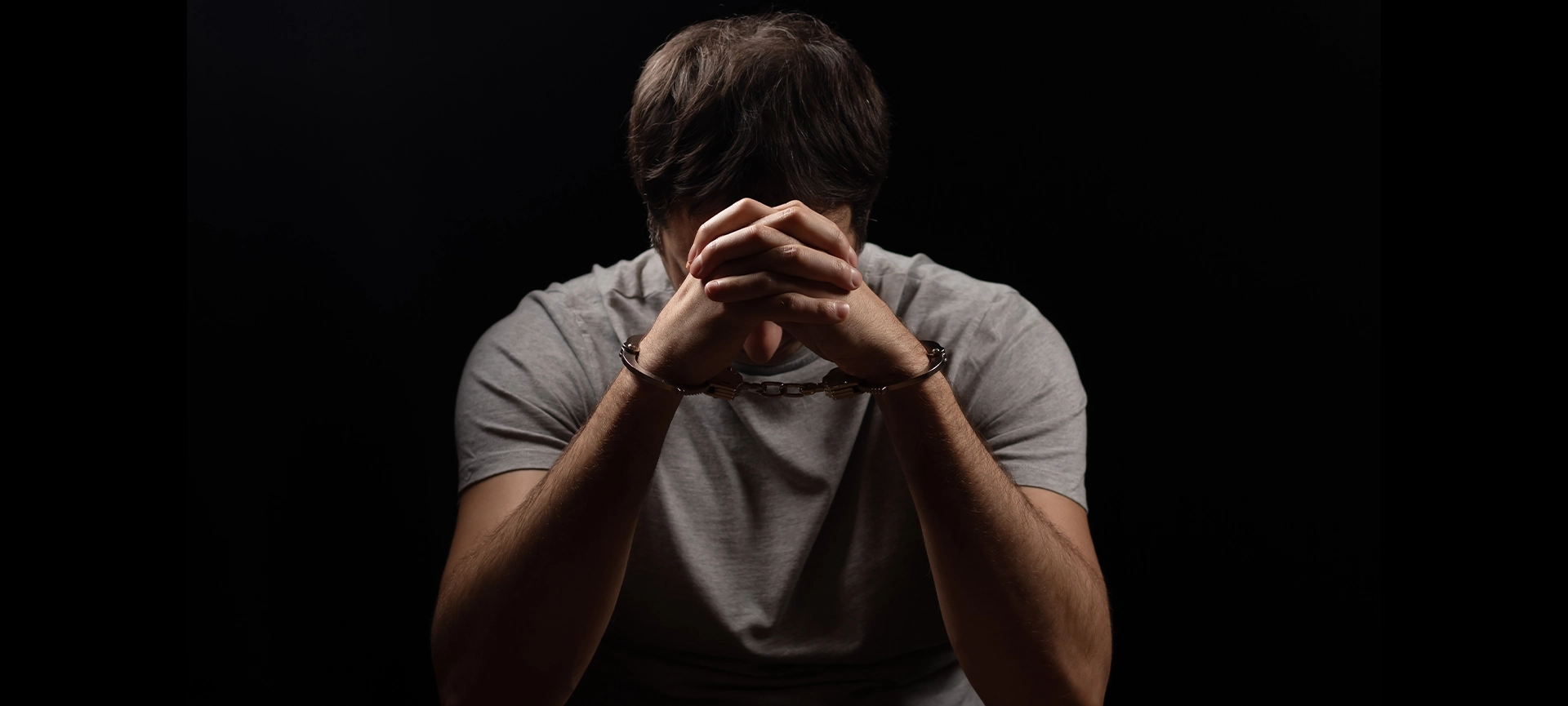Relapse is one of the biggest challenges in addiction recovery, but remember it does not mean failure. Addiction is a chronic disease, and just like other chronic illnesses, setbacks can happen. Many individuals experience physical cravings, emotional stressors, and environmental triggers that make it difficult to stay sober, even after completing a treatment program.
The good news is that relapse can be prevented with the right tools and support. Understanding why relapse happens and recognizing early warning signs can help individuals and their families develop better coping strategies to maintain long-term recovery.
Whether you or a loved one is in recovery, learning about the causes of relapse and how to prevent it can make all the difference in achieving lasting sobriety.
Related Article: Understanding the Consequences of Drug Use
Understanding Drug Relapse
Relapse is not a single event but rather a gradual process that happens in stages. It’s a common part of addiction recovery, with studies showing that 40–60% of people recovering from substance use disorders experience at least one relapse. While this can be discouraging, relapse should be seen as a learning opportunity rather than a failure.
Addiction is a chronic brain disease that affects decision-making, impulse control, and emotional regulation. This means that even after achieving sobriety, the brain may still crave substances, making relapse a real and ongoing risk.
Relapse happens in three progressive stages:
- Emotional Relapse: The person may not be consciously thinking about using, but they begin engaging in self-destructive behaviours like bottling up emotions, isolating themselves, or neglecting self-care.
- Mental Relapse: Cravings start to intensify, and the person begins romanticizing past substance use, thinking about people or places associated with drug use, or making excuses for why they can handle “just one time.”
- Physical Relapse: This is when the individual actively uses drugs or alcohol again, breaking their period of sobriety.
Top Reasons Why Drug Relapse Is So Common
Relapse is a complex issue influenced by psychological, emotional, and environmental factors. Even after completing treatment, many individuals face challenges that make long-term sobriety difficult. Recognizing these common relapse triggers can help individuals develop stronger coping mechanisms and stay committed to recovery.
Psychological Cravings & Triggers
One of the biggest reasons relapse is so common is the way addiction rewires the brain. Even after detox, the brain remembers the pleasure associated with substance use, leading to intense cravings. These cravings can be triggered by:
- Emotional distress (such as stress, sadness, or loneliness)
- Boredom or a lack of purpose
- Exposure to people, places, or things associated with past drug use
Without a healthy way to manage these cravings, individuals may feel overwhelmed and turn back to substances as a way to cope.
Stress & Mental Health Struggles
Stress is one of the most significant triggers for relapse. Many individuals use substances as a way to escape stress, anxiety, or depression, so when they face similar emotions in recovery, the urge to use again can be strong.
Additionally, co-occurring mental health disorders—such as depression, PTSD, or bipolar disorder—can increase the risk of relapse if left untreated. Many people in recovery require dual diagnosis treatment, addressing both addiction and underlying mental health issues to ensure long-term success.

Lack of a Strong Support System
Isolation and lack of accountability are major risk factors for relapse. Recovery is not just about quitting substances—it’s about building a healthy, supportive environment that reinforces sobriety. Without positive relationships, individuals may feel alone in their struggle, making them more vulnerable to relapse.
Toxic relationships—whether with family, friends, or romantic partners—can also increase stress and emotional distress, pushing individuals back toward old habits.
Family therapy, peer support groups, and strong community connections can help individuals stay accountable and maintain motivation for sobriety.
Related Article: The Role of Family Addiction Programs in Recovery
Exposure to Old Environments & People
One of the most overlooked relapse triggers is exposure to places and people associated with past drug use. Being around friends who still use substances or frequent old hangouts can quickly lead to temptation.
To increase the chances of long-term sobriety, individuals may need to:
- Change their social circles and distance themselves from people who encourage substance use.
- Avoid places linked to past drug use, such as bars, clubs, or neighbourhoods where they used to use.
- Build new, healthy routines to replace old habits.
Related Article: What Are the Most Common Relapse Triggers?
Overconfidence in Recovery
Some individuals, especially after months or years of sobriety, begin to believe they have full control over their addiction. This overconfidence can lead to risky behaviours, such as:
- Testing limits by having “just one drink” or “one hit.”
- Believing they are strong enough to handle past triggers without proper safeguards.
- Ignoring early warning signs of relapse because they feel invincible.
This mindset can be dangerous because addiction is a chronic disease, and even one small slip can restart the cycle of substance use.
Skipping Therapy or Aftercare Programs
Many people in recovery assume that once they complete rehab, they no longer need support meetings, therapy, or structured recovery programs. However, staying engaged in aftercare is key to preventing relapse.
Therapy and 12-step programs provide:
- Continued emotional support
- Accountability and relapse prevention strategies
- A sense of community with others in recovery
Underestimating Triggers & High-Risk Situations
Triggers can come in many forms, including:
- Stress from work or relationships
- Unresolved emotional trauma
- Peer pressure at social events
Many individuals underestimate how powerful these triggers can be, leading them to put themselves in high-risk situations without a plan. Learning how to identify and manage triggers is essential to maintaining long-term sobriety.
How to Prevent Drug Relapse
While relapse is common, it is not inevitable. By taking proactive steps, individuals in recovery can protect themselves from triggers and maintain long-term sobriety. Here are key strategies for preventing relapse:
1. Recognize Early Warning Signs
Relapse is a gradual process that starts long before an individual uses it again. Recognizing the early warning signs of emotional and mental relapse—such as stress, negative thinking, or isolation from others—can help prevent physical relapse.

2. Build a Strong Support System
Surrounding yourself with positive, supportive people is essential for staying sober. This includes:
- Family members who encourage sobriety
- A sponsor or mentor in recovery
- Support groups like NA (Narcotics Anonymous), AA (Alcoholics Anonymous), or SMART (Self-Management and Recovery Training) Recovery
3. Develop Healthy Coping Mechanisms
Instead of turning to substances when facing stress or emotional distress, individuals should develop healthy ways to cope, such as:
- Exercise and physical activity
- Meditation and mindfulness
- Engaging in hobbies or creative outlets
- Journaling or talking to a therapist
4. Stick to Aftercare Programs & Therapy
Continuing individual therapy, group therapy, or recovery meetings helps keep individuals motivated and focused on sobriety. Structured aftercare programs provide ongoing support, relapse prevention techniques, and a safe place to discuss challenges.
5. Create a Relapse Prevention Plan
A relapse prevention plan helps individuals prepare for high-risk situations and triggers by:
- Identifying personal triggers and how to avoid them.
- Having emergency contacts for immediate support.
- Setting personal goals to stay motivated in recovery.
This plan serves as a roadmap for long-term sobriety, helping individuals stay on track and navigate challenges effectively.
Take Control of Your Recovery
Relapse is common but preventable with the right tools, support, and professional guidance. Understanding why relapse happens is the first step in breaking the cycle and staying committed to long-term sobriety.
At Addiction Rehab Toronto, individuals receive customized relapse prevention plans, expert therapy, and ongoing aftercare support to help them maintain their recovery. Whether you’re new to recovery or struggling with relapse, professional help is available.
If you or a loved one is facing the challenges of addiction relapse, don’t wait—reach out to Addiction Rehab Toronto today and take the first step toward lasting recovery.







